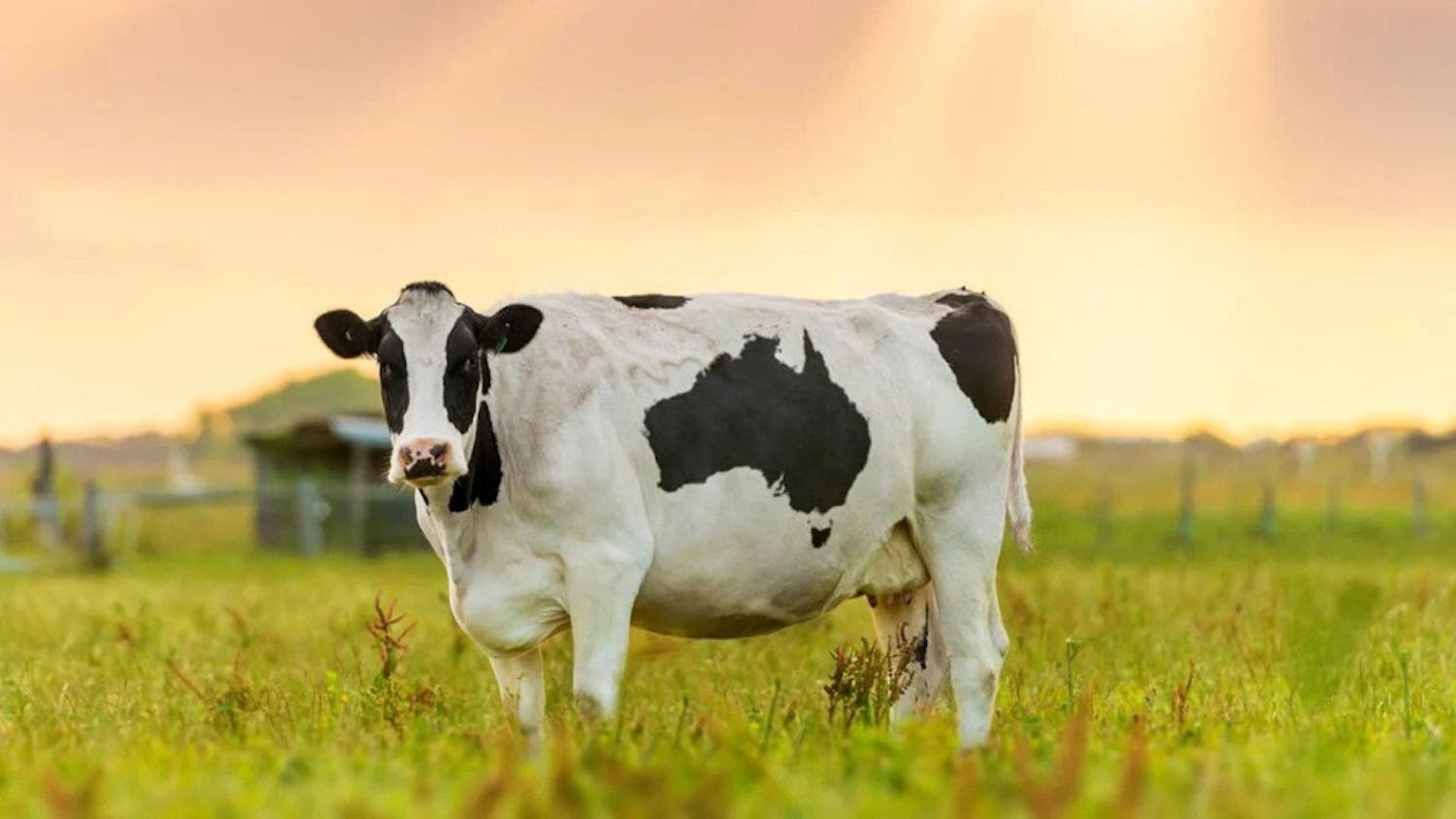Reflecting on the numerous assemblies about drugs, alcohol and rape prevention during the New Lancer Days experience, I couldn't help but wonder why I was never taught most of this essential information when I was in high school. More specifically, I wondered why I was never taught about rape prevention sooner.
Drugs, alcohol and peer pressure are topics that are heavily emphasized in every high school health class. Rarely, however, do health classes go in-depth about rape, rape prevention and the actions rape victims should take afterward. Why is that?
The unfortunate truth is rape is still somewhat of a taboo topic. Some may feel too uncomfortable to discuss these stories in class, and others might decide these topics should be saved for family-sacred conversations. Where we draw this line is becoming too obscure to know when the right time to talk about it is.
With an increase in youth access to social media, it's difficult for children and teens to remain in the dark about sex and the encounters within it. Family and Community Engagement correspondent from Prince Edward County High School, Jennifer Kinne said, "High schoolers receive mixed messages about what is appropriate behavior from the media and peers."
These mixed messages can lead to confusion presented by our society and can alter the way a child views sex, leaving them confused about the topic of sexual assault.
Even though sexual assault and rape are just as prevalent in our society as drinking and drugs, there is little talk about the proper guidance from an educational standpoint. If we don't teach our youth about the dangers of assault, they'll remain confused and alone from never hearing about it.
As a result, children and teens who are victims of sexual abuse and hide this information may suffer from low self-esteem, have a distorted view of sex and even use drugs and alcohol as a coping mechanism.
So why aren’t we teaching kids about rape?
RAINN (Rape, Abuse & Incest National Network) stated of all sexual assault victims under the age of 18, two out of three people are ages 12-17. Seeing that people ages 12-34 are the most vulnerable to rape and sexual assault, according to RAINN, at the very least we should be teaching high school students about rape and how to seek help should they ever be sexually assaulted.
Unfortunately, the most readily available information I obtained from my own high school experience regarding rape was the existence of date rape drugs. It's a good start, but that's not all there is. Drug prevention still has a long way to go, but it's not the premise of how and why sexual assault exists. By limiting our conversation about assault to drugs, we stray further away from an actual solution. There's more to it than the drugs that are involved in date rape.
So, what can high schools do to guarantee their students are adequately informed about sexual assault? Kinne said ninth grade health classes focus on sexual assault, but she didn't describe the curriculum or for how long the subject is taught.
However, she said she does urge high schoolers to "reach out to trusted adults (and) encourage friends who have expressed that they have been sexually assaulted to ask for help."
Nonetheless, high schoolers shouldn't solely rely on themselves to learn more. Kinne said teacher-student relationships address our younger youth, encouraging health classes to stay proactive and welcoming to these newly-sensitive subjects.
High schoolers can and should look to their schools to implement programs that inform them of sexual assault and how to prevent it. Kinne discussed national campaigns like It's On Us, which advocates for raising awareness and fighting against sexual assault can have a positive impact on the way high schoolers view rape and sexual assault.


Implementing programs and workshops like these and teaching teens about rape could be one of the most beneficial steps in helping to ensure that every abused child's voice is heard.
According to Darkness to Light, a nonprofit organization which advocates for the prevention of child sexual abuse, about one in 10 children will be sexually abused before they turn 18. That means that one in 10 children will be sexually abused before they even step foot on a college campus as a student. It seems obvious the biggest way to make this number go down is to educate our community, our youth and our society. These conversations can be monitored at school by trained professionals with the right insight, let's make awareness a priority in the education system.
With this information, we need to make rape, prevention and coping methods a more relevant and discussed topic before teens arrive to college.
We need to get involved. We need to keep them informed. We need to start teaching high schoolers about rape.










